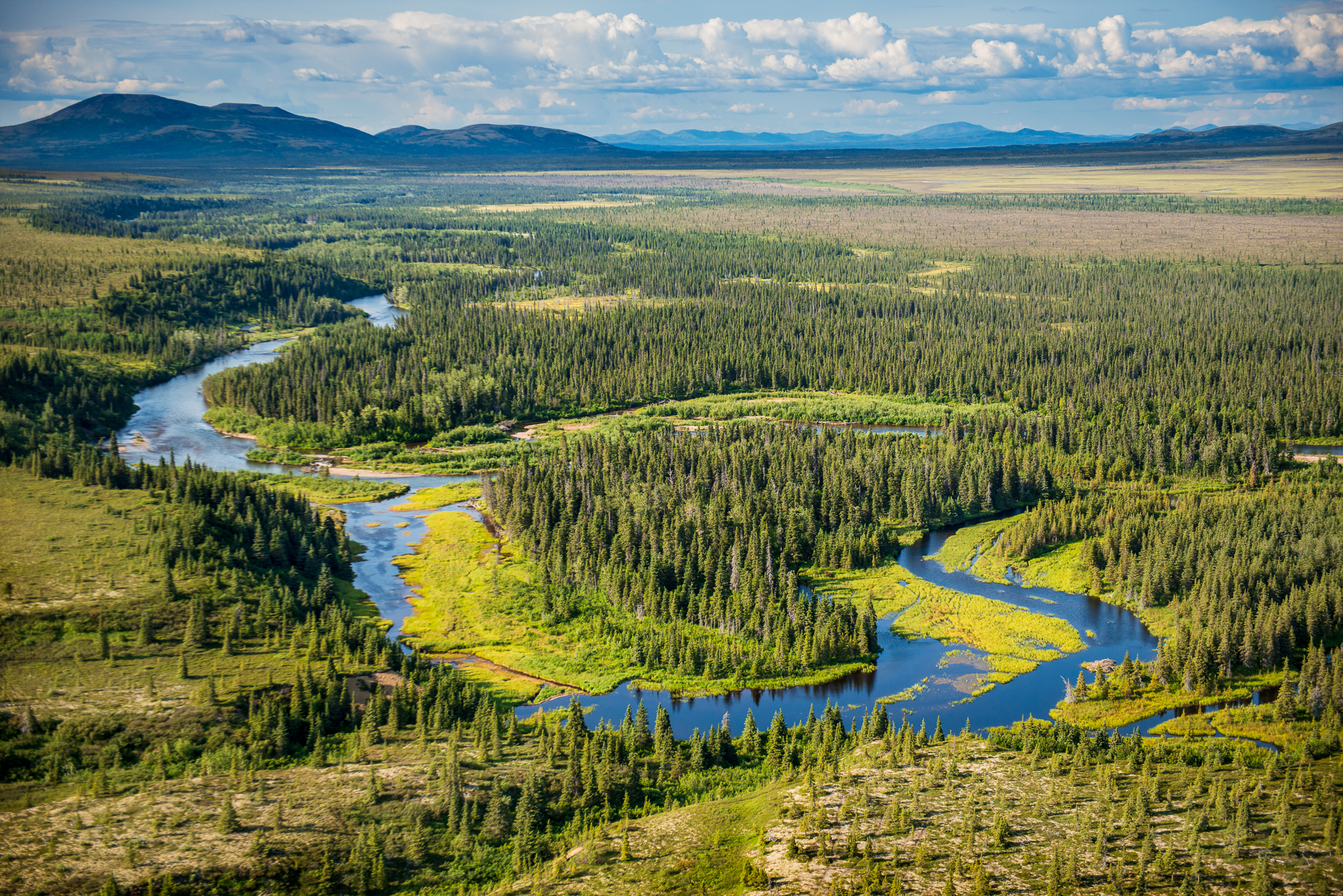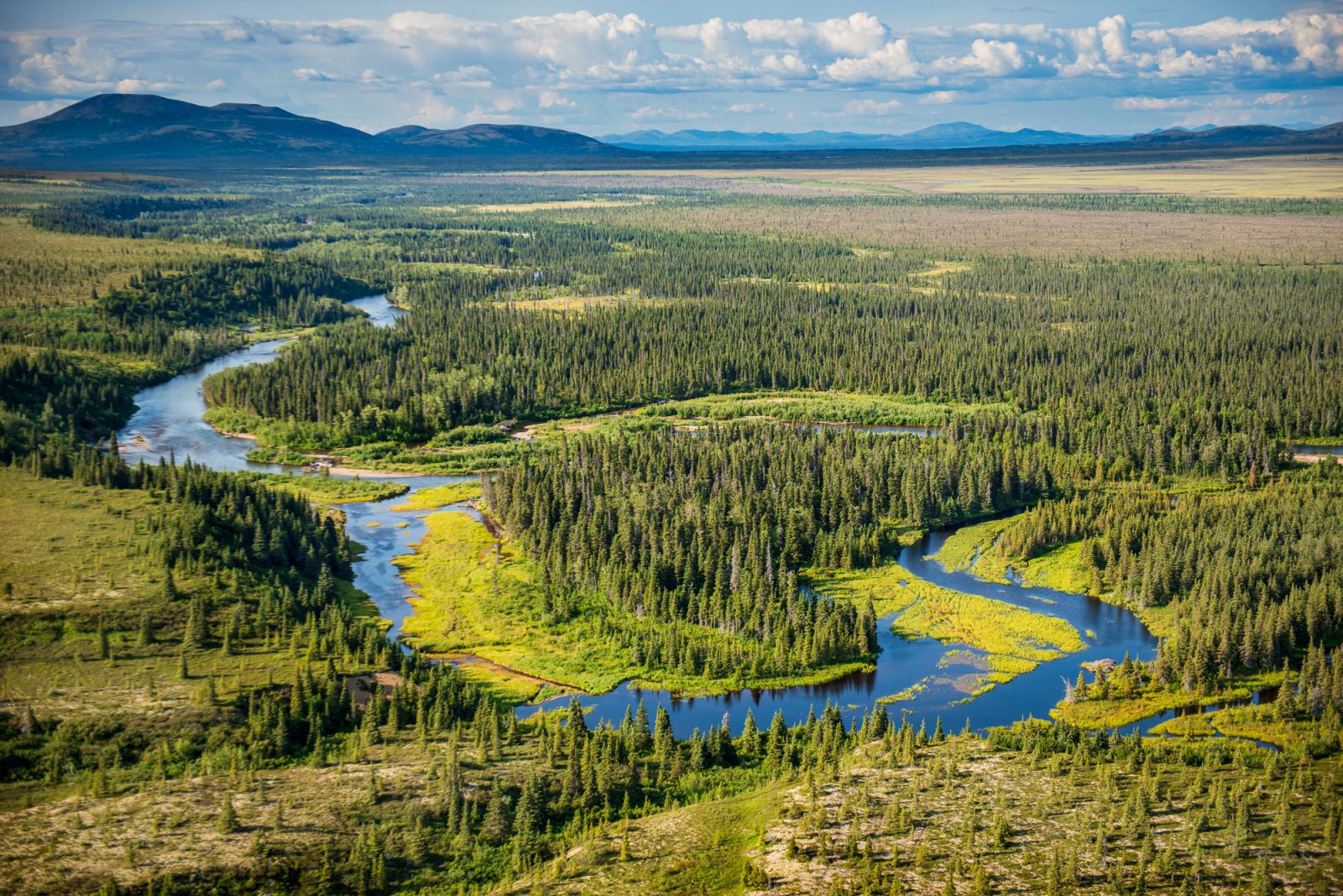
We sued Trump’s EPA for gutting protections, clearing path for Pebble
Update: We filed a lawsuit on Oct. 9 charging the Environmental Protection Agency with violating the law when gutting its own science-based conclusions that Bristol Bay should be protected from industrial mining. Bristol Bay groups and Trout Unlimited filed related lawsuits. Newsweek and other media covered reported on these legal actions and we will keep you updated through our newsletters and website .
We took Trump’s EPA to court for breaking the law when it withdrew its own science-based conclusions to clear the path for an industrial mining hazard that could devastate the fisheries, economies, and social and cultural fabric of communities in Bristol Bay, Alaska.

The suit charges the EPA with unlawfully withdrawing its 2014 Proposed Determination calling for protections for Bristol Bay, Alaska.
“The EPA’s attempt to reject its own science-based conclusions is clearly arbitrary and capricious, wholly political, and legally indefensible,” said Katie Strong, senior staff attorney for Trustees for Alaska. “EPA’s Proposed Determination found that even a small mine in the headwaters of Bristol Bay could devastate the region’s fisheries, wildlife habitat, and communities. Science overwhelmingly supports that conclusion, yet this administration continues to aggressively undermine science and public processes to benefit special interests.”
Find the full complaint here.
Our clients in the case include The Alaska Center, Alaska Community Action on Toxics, Alaska Wilderness League, Cook Inletkeeper, Defenders of Wildlife, Friends of McNeil River, McNeil River Alliance, National Parks Conservation Association, National Wildlife Federation, SalmonState, Sierra Club, and Wild Salmon Center. NRDC joined the case representing itself. Earthworks joined the case represented by Earthjustice, a nonprofit environmental law firm.
EPA bends to political pressure
The EPA withdrew the protections backed by its own science in late summer of 2019. News reports said the decision to withdraw those protections occurred after President Trump met with Alaska Gov. Mike Dunleavy in June.

Today’s lawsuit responds to the politicization of public processes meant to put science and the public interest first, and to the failure of agencies to do their job protecting Bristol Bay water, land, and people. The litigation comes a day after an alliance of Bristol Bay groups filed a related lawsuit and called out the EPA for bending to political pressure.
“These lawsuits demonstrate the huge opposition to Pebble in Alaska and throughout the country, and our collective recognition that political expediency will abandon local people and the health of water, land, and wildlife to pad the pockets of massive Outside corporations,” said Strong.
Tim Bristol, executive director of SalmonState, said, ” “A ‘fair and rigorous’ process means proponents for the proposed Pebble Mine don’t get to toss out scientific studies that show truths they’d rather ignore. With its mine proposal, Pebble Limited Partnership perpetuates a myth that building a colossal open-pit mine will not have negative impacts on the world’s greatest wild salmon fishery. History and the science say otherwise. Unfortunately, backroom deals and cronyism between political appointees and mining lobbyists have left us with no choice but to petition the courts for relief.”
It’s the science
When the EPA withdrew protections without reasonable justification, it threw out three years of peer-reviewed science and public input and left behind a horribly flawed Pebble permit application and Army Corps’ draft environmental impact statement.
Just weeks ago, Sen. Lisa Murkowski expressed concerns over the scientific and technical deficiencies in the draft EIS and, as chair of a subcommittee, supported an appropriations bill that encourages agencies like EPA to use their enforcement authorities to protect Bristol Bay if the Army Corps fails to fix the flaws and gaps in its analysis.
Multiple agencies, including the EPA and the Department of the Interior noted serious inadequacies, data gaps, and unsubstantiated conclusions in the draft EIS. The science speaks for itself: protecting Alaskans and their food, jobs, communities, cultures, and ways of life requires agencies to follow the law and respect science. We expect public agencies to live up to this legal responsibility—and we will go to court to fight for it.


